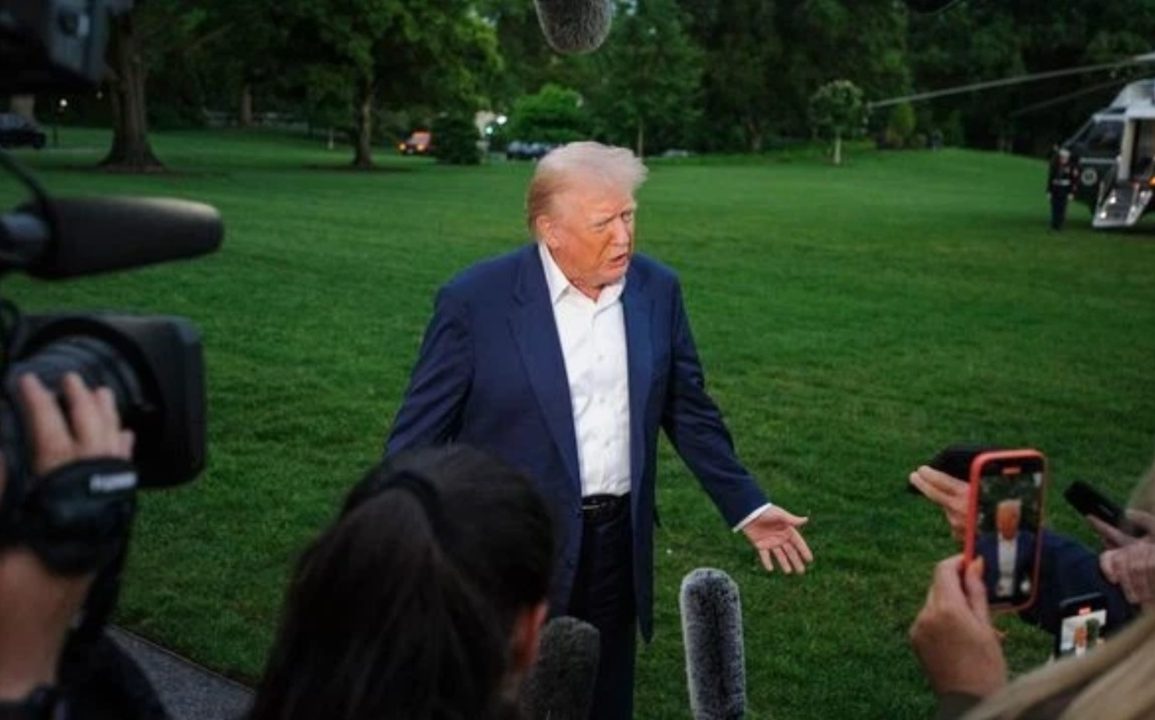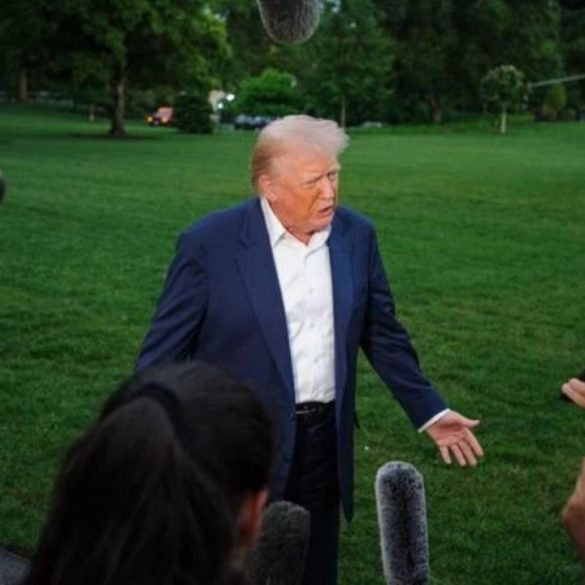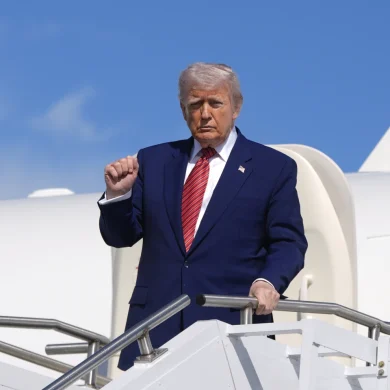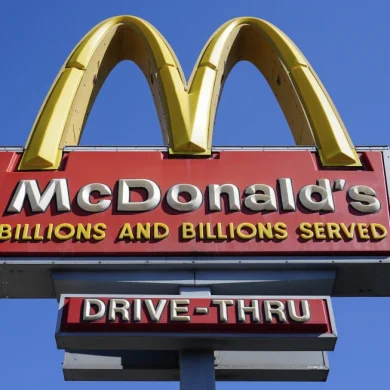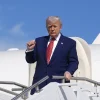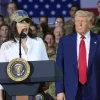Former President Donald Trump announced on Sunday night that he plans to authorize a 100% tariff on foreign-made films, sparking confusion and concern across the film industry. The proposal, seemingly aimed at curbing “runaway production” — the practice of filming American movies overseas — caught Hollywood off guard.
Despite ongoing discussions about policy measures to address this trend, no one in the industry had called for tariffs as a solution, raising immediate questions about the plan’s purpose and practicality.
Legal Challenges and Complexities in Implementing a Tariff on Foreign Film Productions
While Trump stated he would authorize the U.S. Trade Representative and the Commerce Department to act, he stopped short of confirming the move. In the past, Trump has cited the International Emergency Economic Powers Act of 1977 to justify tariffs, claiming that certain trade practices pose national security risks.
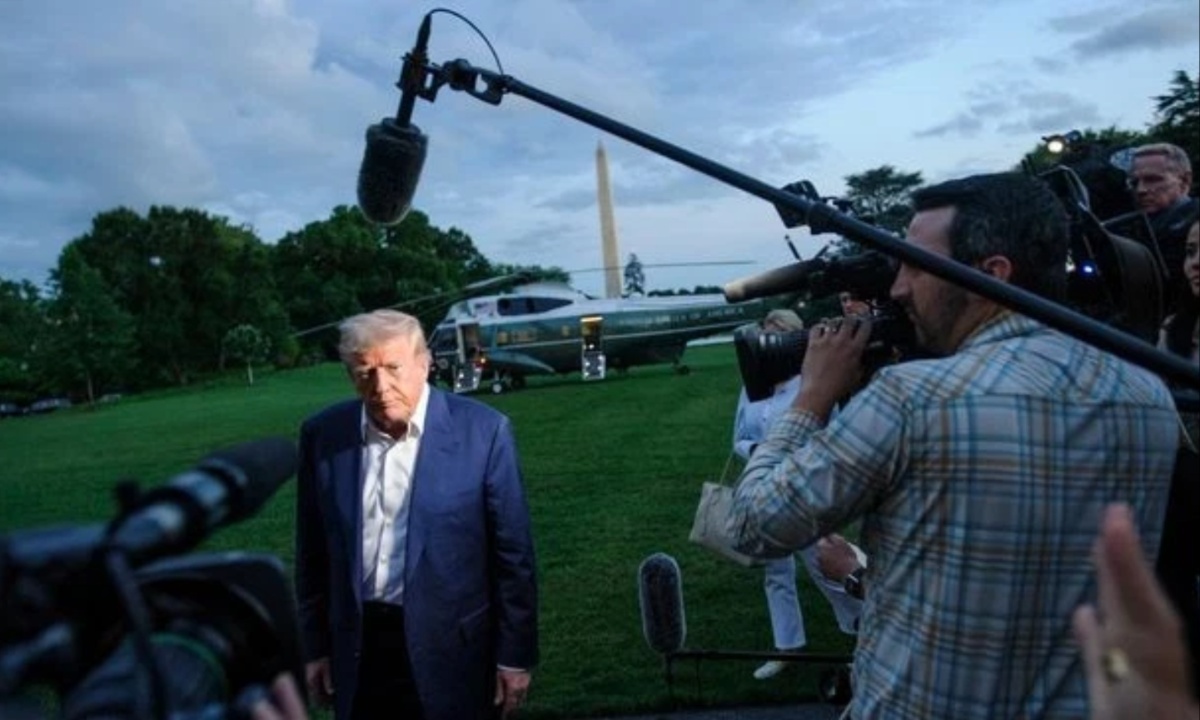
This time, he suggested that foreign film production threatens national security but did not clarify the legal authority for imposing such a tariff. Experts anticipate any attempt to use emergency powers for this purpose would lead to significant legal challenges.
Unlike physical goods, films are intellectual property and are not typically imported in a way that would facilitate standard tariffs. The international nature of modern film production—where projects may be shot, edited, and produced in various countries—makes it difficult to determine what exactly would be taxed. For instance, if a U.S. studio films a movie overseas, there’s no clear import transaction to target. These complexities raise doubts about how such a tariff could be practically implemented.
Unanswered Questions and Hollywood’s Preference for Federal Subsidies Over Tariffs
Trump’s statement also left key questions unanswered regarding the scope of the proposed tariffs. Would TV productions, which have increasingly moved abroad, also be affected? How would the tariff apply to films already in production or nearing release, such as the upcoming “Mission: Impossible” sequel filmed in the U.K.? These uncertainties only deepen industry skepticism, as clarity on enforcement mechanisms and timelines remains lacking.
Despite Trump’s tough stance, Hollywood has shown no support for such tariffs. Industry stakeholders, including major studios and unions, have long advocated for a different solution: a federal subsidy to compete with the attractive incentives offered by countries like Canada and the U.K. These subsidies are viewed as a way to bring production jobs back to the U.S. without increasing costs for theaters or moviegoers. However, enacting such incentives would require Congressional approval—something that currently seems unlikely given the current political environment.

